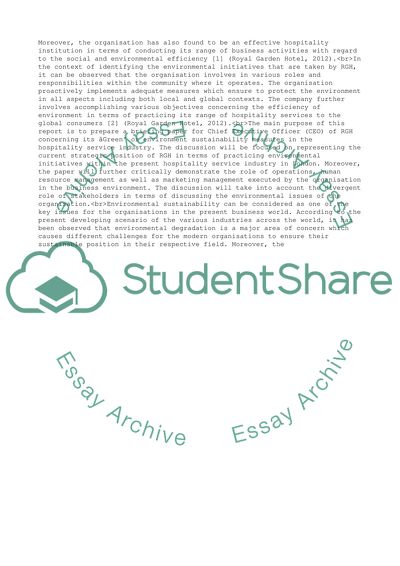Cite this document
(Hospitality service and facility Essay Example | Topics and Well Written Essays - 3500 words, n.d.)
Hospitality service and facility Essay Example | Topics and Well Written Essays - 3500 words. https://studentshare.org/management/1796459-hospitality-service-and-facility
Hospitality service and facility Essay Example | Topics and Well Written Essays - 3500 words. https://studentshare.org/management/1796459-hospitality-service-and-facility
(Hospitality Service and Facility Essay Example | Topics and Well Written Essays - 3500 Words)
Hospitality Service and Facility Essay Example | Topics and Well Written Essays - 3500 Words. https://studentshare.org/management/1796459-hospitality-service-and-facility.
Hospitality Service and Facility Essay Example | Topics and Well Written Essays - 3500 Words. https://studentshare.org/management/1796459-hospitality-service-and-facility.
“Hospitality Service and Facility Essay Example | Topics and Well Written Essays - 3500 Words”. https://studentshare.org/management/1796459-hospitality-service-and-facility.


